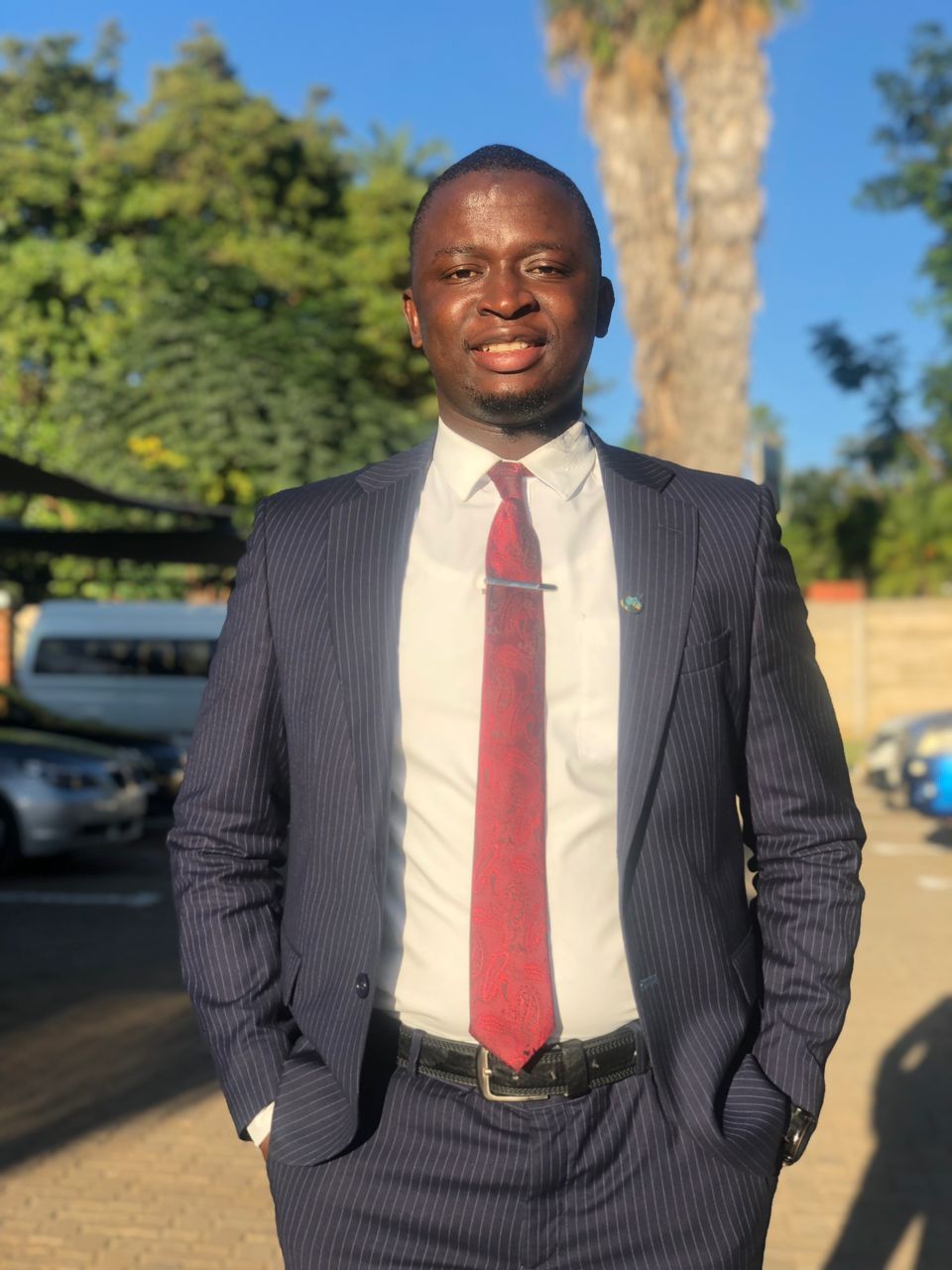By Ebrima Mbaye
For Gambian artists, musicians, writers, and entrepreneurs, creativity serves as both a passion and a source of livelihood. However, the challenges posed by weak intellectual property (IP) laws and inadequate enforcement mechanisms raise concerns over the protection of their works. As a result, many creators struggle to safeguard their rights in an environment rife with piracy and copyright infringement.
The landscape of Gambian creativity is vibrant, encompassing everything from the traditional rhythms of kora music to the narratives found in locally authored literature. Yet, these creative contributions stand at risk of exploitation without robust IP protections. The rapid growth of The Gambia’s digital and creative industries exacerbates this vulnerability, as insufficient legal safeguards and a lack of public awareness jeopardize individual creators and the overall potential for innovation within the country.
Urgent reforms are necessary to prevent local innovators from losing their rights, investments, and ownership over their creative works. Without these protections, the very industries capable of propelling the Gambian economy forward may face significant setbacks.
A Knowledge Gap Hindering Innovation
Despite the burgeoning creative sector, there remains a significant knowledge gap regarding intellectual property rights. This gap is particularly pronounced in rural areas, where access to proper IP education is limited.
Muhamed Lamin Ceesay, an intellectual property specialist at the African Regional Intellectual Property Organization (ARIPO), emphasizes the seriousness of this issue. He advocates for enhanced education and awareness initiatives to empower creators and ensure they are better equipped to protect their works.

“Many Gambians don’t have access to IP information. Outreach efforts are insufficient, there are no widespread awareness campaigns in local languages, and the University of The Gambia (UTG) does not yet offer an intellectual property curriculum,” he said.
This lack of awareness creates vulnerabilities. Many local creators struggle to secure their work, making them easy targets for copyright infringement and counterfeiting. It also discourages investment in research and development while allowing piracy and illegal trade to flourish.
The Struggle of Gambian Authors
For Gambian writers, securing copyright is not just a legal process but a battle for recognition, ownership, and financial security.
Harry Bah, an author who has published several works, understands this struggle firsthand.
“Copyright means having the legal right to protect my work from intellectual thieves,” she said. “It gives me the liberty to confront anyone who steals my work without giving me credit. It also gives me relief, knowing there is a legal framework to rely on if someone copies my work.”
Bah first learned about copyright protection in 2019 after attending an Intellectual Property training at the National Centre for Arts and Culture (NCAC). Since then, she has become an advocate for stronger protections.
“Copyright not only protects authors but also ensures they get credit for their work. It gives writers publicity, especially when references or acknowledgments are attached to their work,” she added.
Similarly, young author Babucarr Gaye, who recently published Torro Ba: The Land of Culture, has been vocal about copyright enforcement in The Gambia.
“Knowing my work is protected encourages me to continue writing. Without copyright, others can reproduce my work and claim ownership, leaving me with no legal recourse,” he said.
However, copyright registration in The Gambia is not always straightforward. Authors face high registration fees and complex legal processes that can be discouraging.
Gaye urges young writers to secure copyright certificates despite these challenges.
“Do whatever it takes to obtain a copyright certificate. It is the only way to guarantee you are the rightful owner of your work,” he advised.
Weak Laws and the Push for Reform
The Gambia’s existing intellectual property laws are outdated and do not fully protect modern forms of creativity, such as digital content, geographical indications, and plant variety rights. Additionally, the country lacks a specialized tribunal to handle IP disputes.
However, there is hope for change. A new Intellectual Property Bill 2024 is in the pipeline, aiming to modernize the country’s IP laws and align them with international standards.
“Once passed, this bill will comprehensively address legal gaps and strengthen intellectual property protection in The Gambia,” Ceesay stated.
A Step Towards Fair Compensation for Artists
One significant development in recent years has been the establishment of the Gambia Collecting Society, an autonomous body responsible for collecting royalties on behalf of artists whose works are commercially used.
Fatoumata Camara, a Copyright Inspector at the National Centre for Arts and Culture (NCAC), says the society is now fully operational and run by artists.
“This is a major step forward for Gambian creatives. Artists deserve to be compensated when their work is used commercially,” she said.
Under The Gambia’s Copyright Act, inspectors can enter and search premises where copyright infringement is suspected.
“Whenever we have reason to believe that someone is violating copyright laws, we have the legal power to investigate,” Camara explained.
Strengthening Copyright Registration and Enforcement
In addition to enforcement, efforts have been made to improve copyright registration. Since 2019, The Gambia has established a repertoire database to document registered creative works accurately.
Camara noted that there was no centralized record of copyrighted works in the country before this system.
“Now, every registered creator has their work recorded in our database. This makes it easier to prove ownership and prevents legal disputes,” she said.
Creators can register their work, but they must Submit two copies, Complete a registration form (costing D100), Pay a certificate fee of D600, and Undergo a one-on-one interview to verify authorship.
This rigorous process ensures that only the rightful creators receive copyright protection, reducing the risk of fraud and plagiarism.
Recent IP Case In The Gambia
On January 10, 2025, the High Court of The Gambia in Banjul, presided over by Justice Ebrima Jaiteh, sentenced Ebrima Touray to pay a fine of Two Hundred and Fifty Thousand Dalasis (D 250,000.00). He will face a three-year imprisonment term if he fails to pay this fine. Additionally, an injunction has been granted to prohibit further infringement of the complainant’s product.
Sometime in 2018, a customer complained that Batimat, a company selling building materials, was charging a higher price for wheelbarrows compared to EIVT Enterprise, a competitor selling the same product at a lower price. Upon investigation, the police discovered that EIVT Enterprise was selling counterfeit wheelbarrows labeled as “BATHNAT,” while Batimat’s genuine product was branded as “Batimat.”
This misrepresentation and sale of imitation products led to concerns about public trust and the quality of goods in the market. EIVT Enterprise had imported 1,950 wheelbarrows, 30 of which were confirmed to be counterfeit. The manufacturer of the genuine wheelbarrows verified the issue, leading to a legal dispute.
As a result, Batimat issued a letter holding EIVT Enterprise accountable for selling counterfeit products. The matter was escalated to court, and EIVT Enterprise’s representative, Ebrima Touray, was ordered to pay damages amounting to D30,000 to cover the costs incurred for legal services. The counterfeit branding on the wheelbarrows was removed, and the products were returned. The case was brought to court due to the illegal sale of imitation products, misrepresentation, and the financial and reputational harm caused to Batimat.
The Road Ahead
The fight for stronger intellectual property protections in The Gambia is far from over. While progress is being made, more education, legal reforms, and enforcement measures are needed to create a thriving creative and entrepreneurial environment.
With the anticipated IP Bill 2024, the expansion of copyright awareness campaigns, and the continued work of the Gambia Collecting Society, the country is slowly but surely moving towards a future where creators are recognized, protected, and fairly compensated for their work.
For authors like Bah and Gaye, the message is clear: securing copyright is essential.
“Let young creatives follow the right procedure and ensure their work is protected for the greater good of their literary careers,” Bah urged.
As The Gambia embraces digital innovation and entrepreneurship, ensuring robust intellectual property protections will be key to unlocking the country’s full creative and economic potential.





